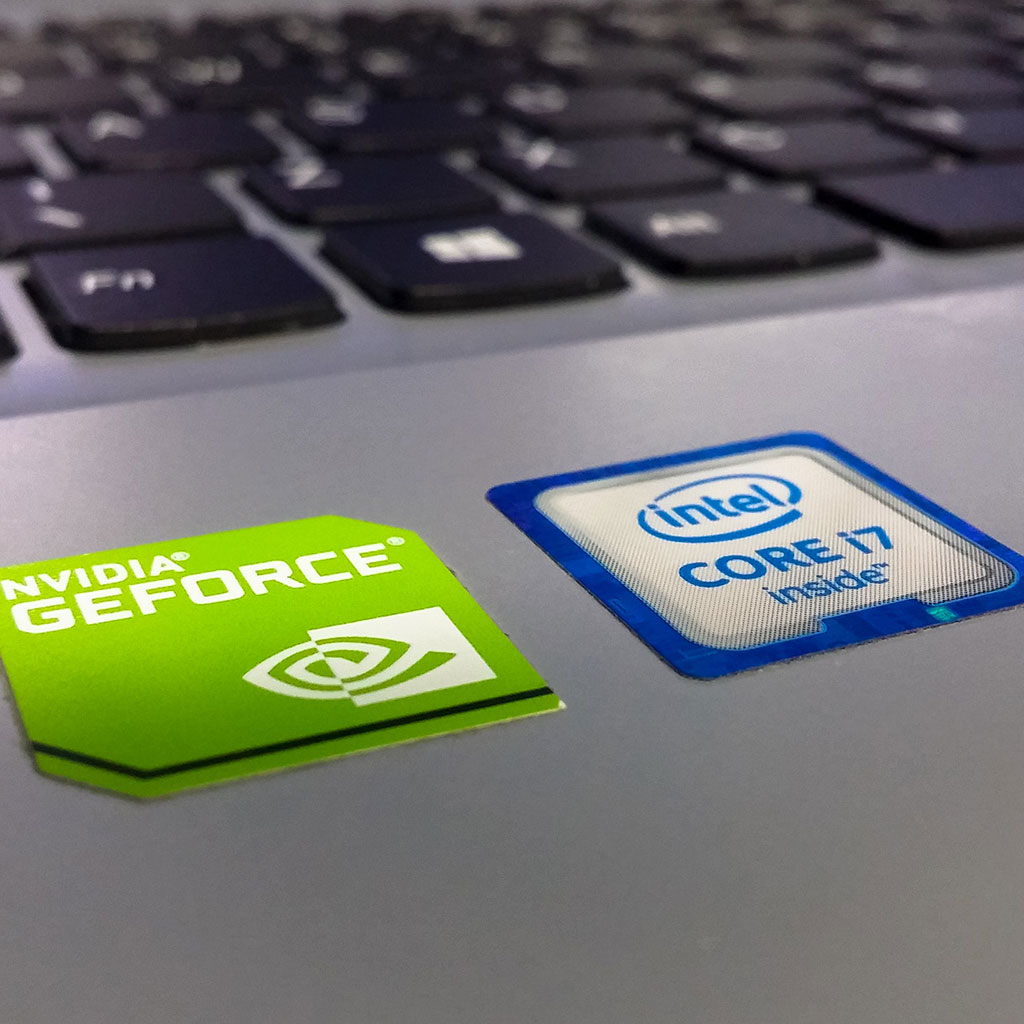Are Intel MacBooks still good?
Are Intel MacBooks still good?
Despite the transition to Apple Silicon, Intel-based MacBooks continue to offer reliable performance and compatibility with a wide range of software. Explore the enduring qualities and considerations surrounding Intel-powered MacBooks in this insightful article.
Are Intel MacBooks still considered to be of good quality?
Absolutely, Intel-based MacBooks still hold up as reliable and capable machines, even with Apple’s transition to their custom silicon, the M1 and newer chips. These Intel-based MacBooks offer solid performance, compatibility with a vast array of software, and have established themselves as trusted workhorses over the years. The Intel architecture has been a staple in MacBooks for a substantial time, delivering robust processing power that suits various user needs, from casual browsing to demanding professional tasks like video editing or software development.
One significant advantage of Intel-based MacBooks lies in their extensive compatibility with a broad range of applications and peripherals. As the industry-standard architecture for many years, Intel processors are well-supported by numerous software developers and third-party hardware manufacturers. This means that specific apps or devices that might not have transitioned fully to the new Apple Silicon architecture yet can still run seamlessly on these Intel-based MacBooks. Additionally, these devices continue to receive macOS updates and support from Apple, ensuring they remain viable options for users who rely on established workflows or specific software that might not have optimized versions for the newer chipsets.
However, with the shift towards Apple Silicon, the newer M1 and subsequent chips have shown remarkable performance gains, particularly in terms of power efficiency and specific tasks optimized for the ARM-based architecture. This advancement might influence some users’ decisions when considering a new MacBook purchase due to the M1’s superior performance in certain areas, especially with native applications designed explicitly for the ARM architecture.
In summary, while Apple’s transition to their custom silicon has introduced impressive advancements, Intel-based MacBooks remain solid choices for users seeking compatibility, reliability, and proven performance across a wide range of applications and workflows. For individuals reliant on specific software or workflows that have yet to fully transition to the new architecture, an Intel-based MacBook could still be an excellent choice for their computing needs.
What do users think about Intel-based MacBooks in terms of reliability, performance, and day-to-day use?
Users generally perceive the overall experience of using Intel-based MacBooks as reliable and robust, offering a stable platform for various tasks. These devices have been recognized for their consistent performance, catering well to day-to-day usability across a spectrum of activities. However, opinions on battery life can vary depending on individual usage patterns and model variations within the Intel-based Mac lineup. The longevity of battery life may not always match the efficiency seen in newer Apple Silicon models, but it remains adequate for many users’ needs. Moreover, Intel-based Macs continue to receive regular software updates and security patches from Apple, ensuring ongoing support and addressing potential vulnerabilities, even as the focus shifts toward newer silicon chips.
Reliability in terms of external display support is another area where Intel-based MacBooks have proven themselves. These devices offer robust compatibility with various external displays, making them favorable choices for professionals requiring multiple screen setups. While some users might experience minor display issues, such as compatibility hiccups or resolution adjustments, overall, the Intel-based Macs manage external displays efficiently. However, as Apple transitions its Mac lineup to its own silicon chips, users anticipate a significant leap in performance, with faster processors and potentially improved display capabilities in future Mac models. As a result, there’s a sense that these Intel-based Macs, while dependable and suitable for most tasks, might not be at the cutting edge in terms of innovation and performance compared to the potential offered by the newer silicon transition.
Should I buy an Intel-based MacBook for the long term, considering the industry’s move to Apple Silicon?
Investing in an Intel-based MacBook as a long-term option might have certain considerations amidst the industry’s transition towards Apple Silicon. While Intel-based Macs continue to provide reliable performance and support, the future of software optimization and development might pivot more toward the newer silicon chips. This shift could potentially impact the longevity of software updates and optimizations for Intel-based Macs in the long run. While these devices currently receive regular software updates and security patches, the focus on future innovations, optimizations, and major updates might lean more towards Apple Silicon-powered Macs. Additionally, battery life improvements seen in Apple Silicon-based models might create a disparity in long-term viability, as newer models tend to offer enhanced power efficiency compared to some Intel-based Macs.
Another aspect to consider is the evolution of external displays and other peripherals with the introduction of Apple Silicon. Although Intel-based Macs offer robust compatibility with external displays, advancements in display technology and optimization might favor Apple Silicon-based models in the future. As Apple continues to refine its silicon chips, users anticipate significant leaps in performance, featuring faster processors and potentially improved display capabilities. This evolution might gradually phase out certain advantages of Intel-based Macs, creating a perception that these devices, while reliable and functional at present, may not remain at the cutting edge in the long term compared to their silicon-based counterparts. Hence, considering the pace of technological advancement and the potential for future optimizations, some users might find Apple Silicon-based Macs more future-proofed compared to Intel-based models.





You must be logged in to post a comment.